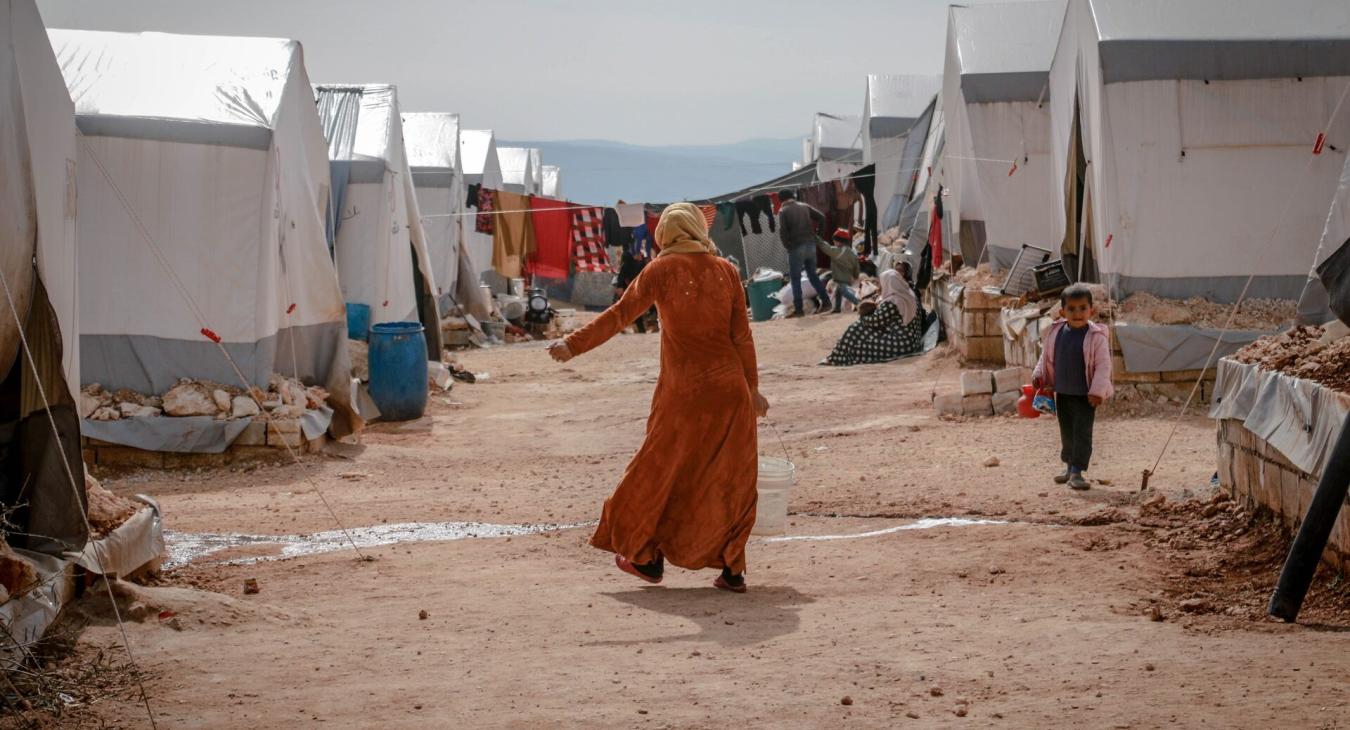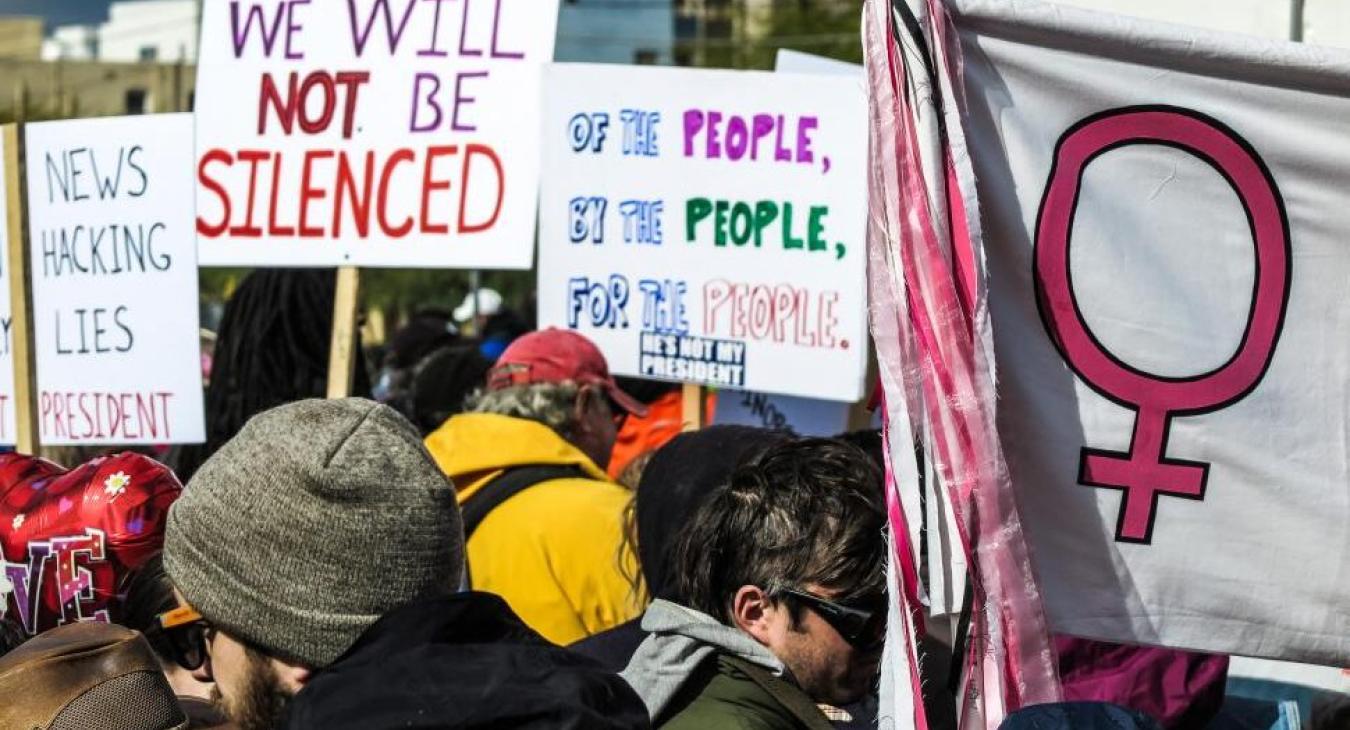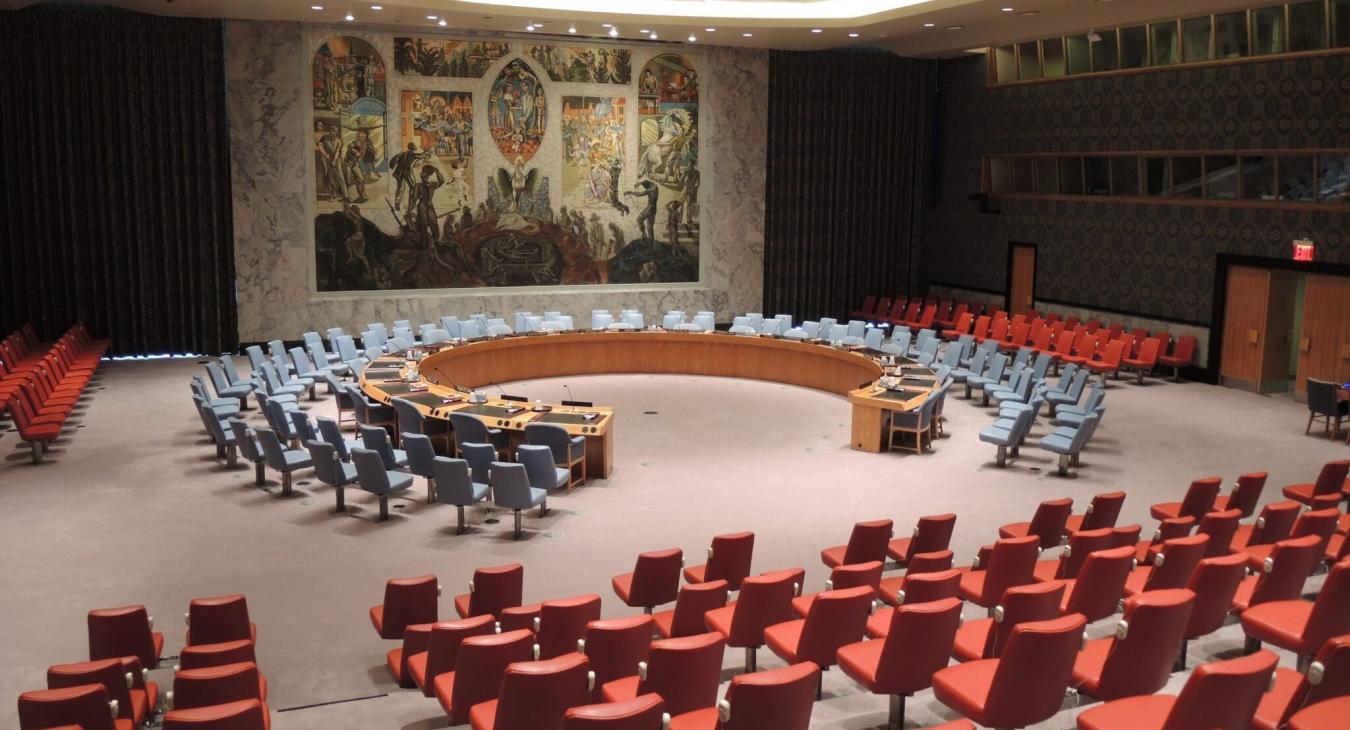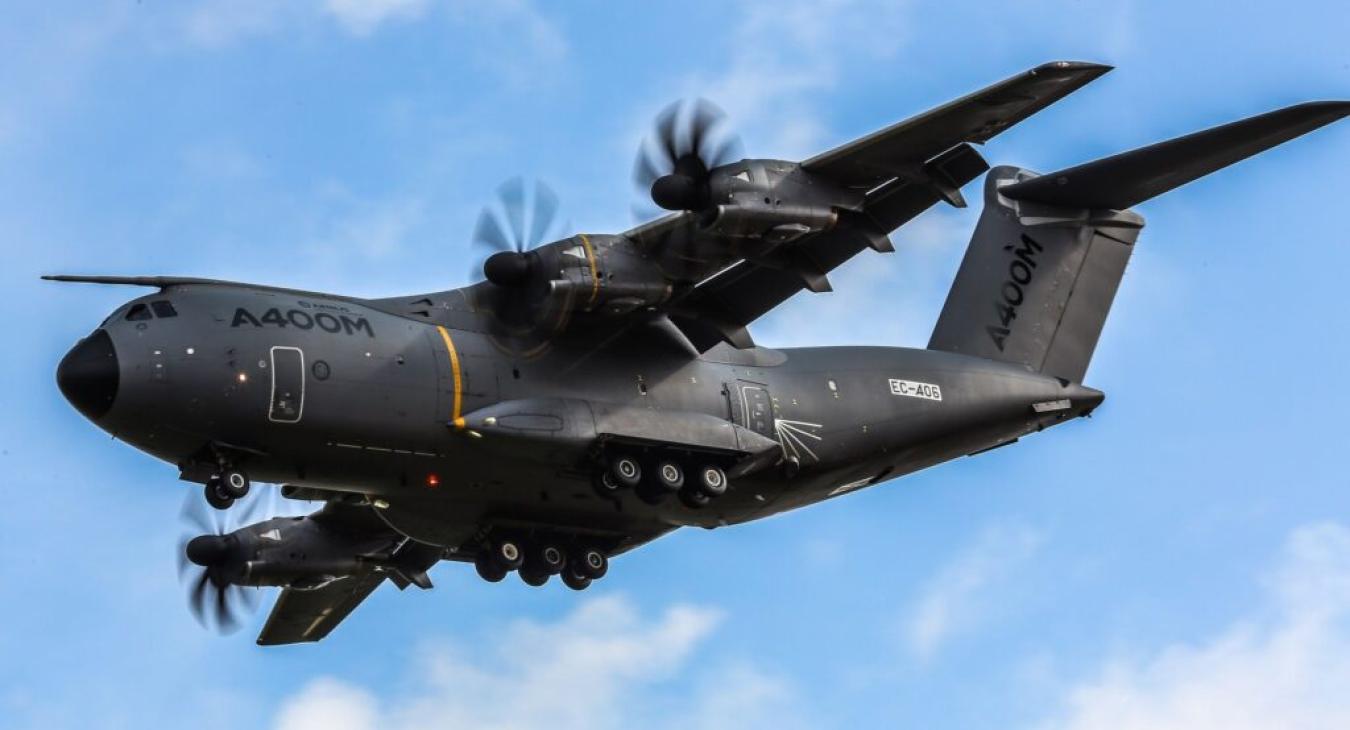Even for those in the know, foreign policy is a broad term. From national defence, to human rights, migration or even trade, it can refer to an enormous range of issues.
To reflect this complexity, we have developed six research programmes, each dedicated to a different area of foreign policy.
The Heads of each programme are experts in their field. Along with a wide network of fantastic contributors and partners, they produce work that aims to break down what’s happening in their space, understand it, and share it with a wider audience.





